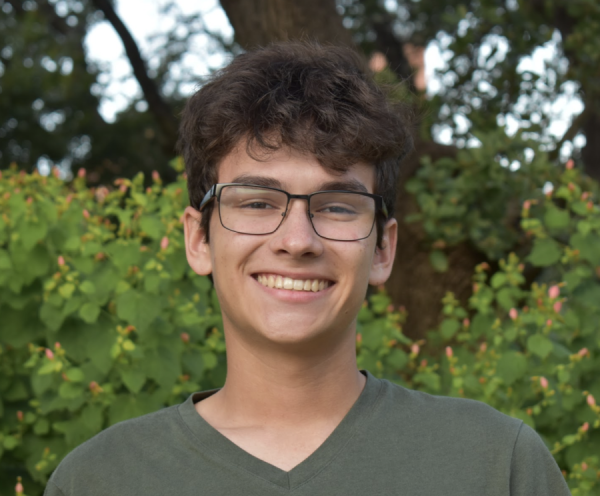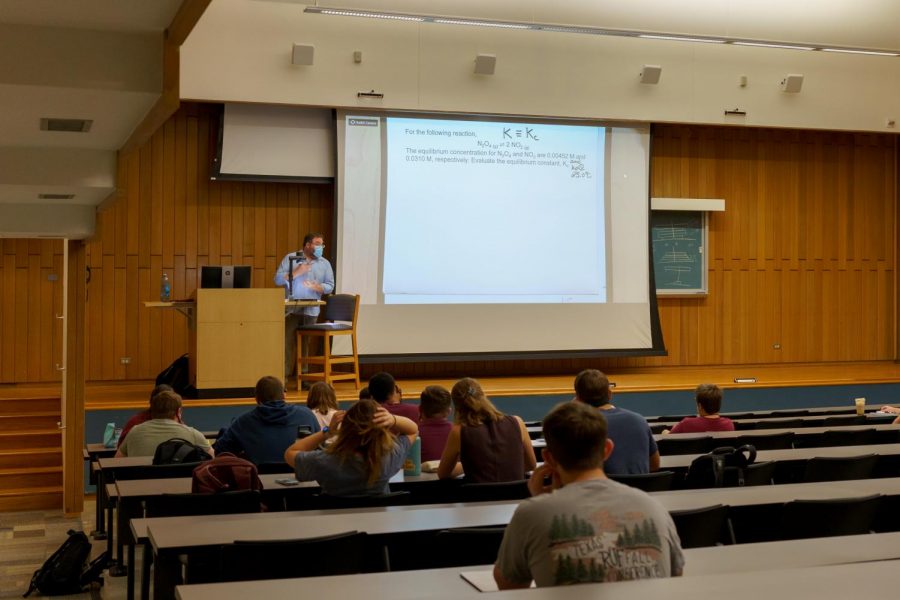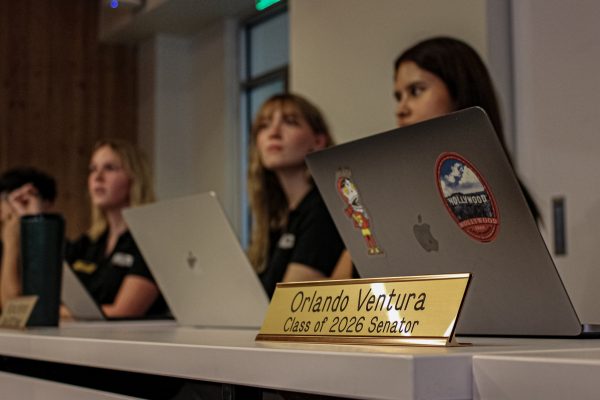Virtual faculty returned to campus Oct. 4
Professors had to be immunocompromised or live with someone at-risk to be approved to work from home
Though most of Trinity’s faculty returned to campus at the beginning of the semester, a select number of professors were able to continue working remotely because of concerns over COVID. The university granted accommodations to faculty who were immunocompromised or have immunocompromised family members. Because COVID numbers are going down, the university asked these faculty members to come back to campus on Monday, Oct. 4.
In order to get an accommodation to stay virtual for the first month and a half, professors had to fill out paperwork approved by various departments. Duane Coltharp, associate vice president for Academic Affairs, explained the process.
“They had to submit a request to Human Resources,” Coltharp said. “Human Resources made the initial recommendation and the vice president for Academic Affairs made the final decision.”
To qualify for these accommodations in the first place, professors had to either be immunocompromised themselves or have someone at home who is part of an at-risk community.
“There was a focus on caregivers specifically, so ‘I’m not high-risk. I’m vaccinated (or not), but I do have someone at home who is in a high-risk population and may not be vaccinated. Maybe, at least for a while, it’s not a good idea for me to walk into the classroom,’” Coltharp said.
For professors who qualified for caregiver adjustments, they would log into class virtually through Zoom while students would gather in a classroom together. Joshua Woody, a student in one of these hybrid classes, reflected on his experience this semester.
“I was shocked because I walked into the room and everybody was on their laptops, and I was like, ‘Where’s the professor?’ They were like, ‘He’s at home,’ and I looked up at the projector and there’s the professor on the projector,” Woody said.
In order to keep the in-person class running smoothly with the professor working remotely, certain students were put in charge of working the technology in the classroom.
This experience was unique for both students and faculty, but they were able to remain optimistic. Peter O’Brien, professor of political science, had to stay home to take care of his elderly mother.
“For the most part, the Zoom classes functioned well,” O’Brien said. “The students were most understanding and accommodating, so many thanks to them. It was difficult for me at first to hear some of the students in my larger class, but our talented tech assistant, Maria Reverte, moved desks around to improve the audio reception.”
Additionally, Joshua Woody found there to be some real advantages to having hybrid classes.
“If you were sick one day, you could join the class and participate just like everyone else,” Woody said, “so there were multiple times where people joined the class when they were sick but still got to go to class virtually.”
This past week, on Oct. 4, many professors came back in person for the first time since the pandemic started.
“Walking into the classroom for the first time after you’ve been in lockdown after so many months can make some people nervous,” Coltharp said. “It made me nervous for the first time, but I think at this point in the semester, most people are feeling like it’s okay. They’ve gotten past that initial kind of anxiety.”
A handful of professors are still using this hybrid model because they are immunocompromised themselves. However, because Trinity has not had a large outbreak of COVID, Academic Affairs decided it would be safe for faculty with the caregiver accommodations to teach in-person classes again.
“It’s possible for someone to ask for an adjustment beyond the beginning of October, but as far as I know, the people who had the adjustment did make the decision to come back,” Coltharp said.
O’Brien, who is on campus again for the first time since March 2020, is glad to be back.
“I am delighted to be back in the classroom with the students,” O’Brien said. “Class discussion can work via Zoom but flows so much more easily person-to-person. I do, however, miss teaching in my pajama bottoms and slippers. Again, sincere thanks from my mom and me to all at TU who cared enough to empathize.”

My name is Emma and I am a sophomore from Lockhart, Texas. I have worked at the Trinitonian since Spring 2021. I am an English major and hope to become...

My name is Sam (he/him) and I'm a photographer here with the Trinitonian. I'm a senior Communications and German double major from Austin, Texas, and...







